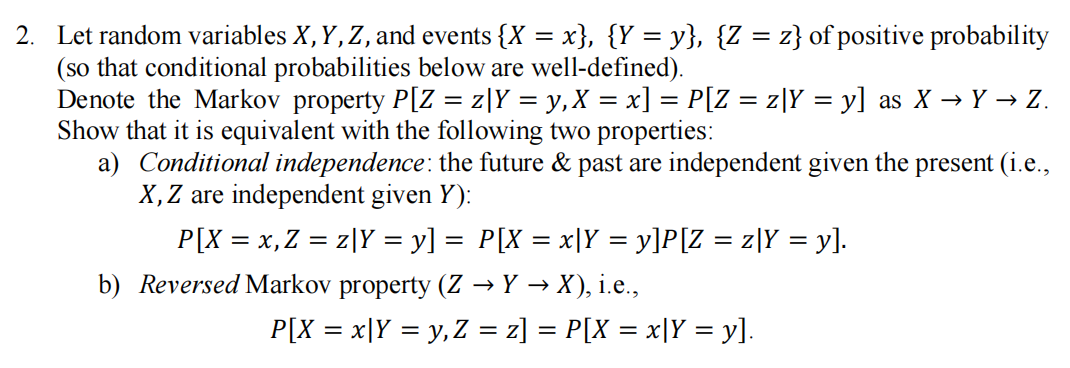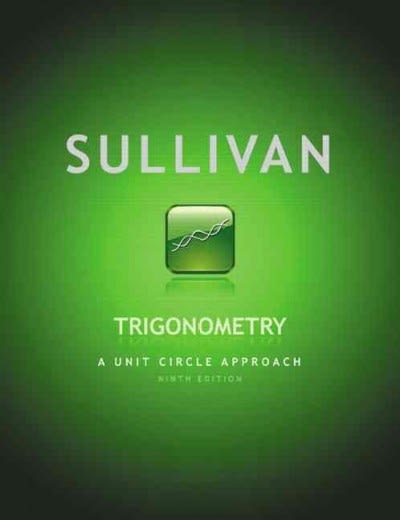Answered step by step
Verified Expert Solution
Question
1 Approved Answer
Q2. 2. Let random variables X, Y, Z, and events {X = x], {Y = y), {Z = z} of positive probability (so that conditional
Q2.

Step by Step Solution
There are 3 Steps involved in it
Step: 1

Get Instant Access to Expert-Tailored Solutions
See step-by-step solutions with expert insights and AI powered tools for academic success
Step: 2

Step: 3

Ace Your Homework with AI
Get the answers you need in no time with our AI-driven, step-by-step assistance
Get Started


